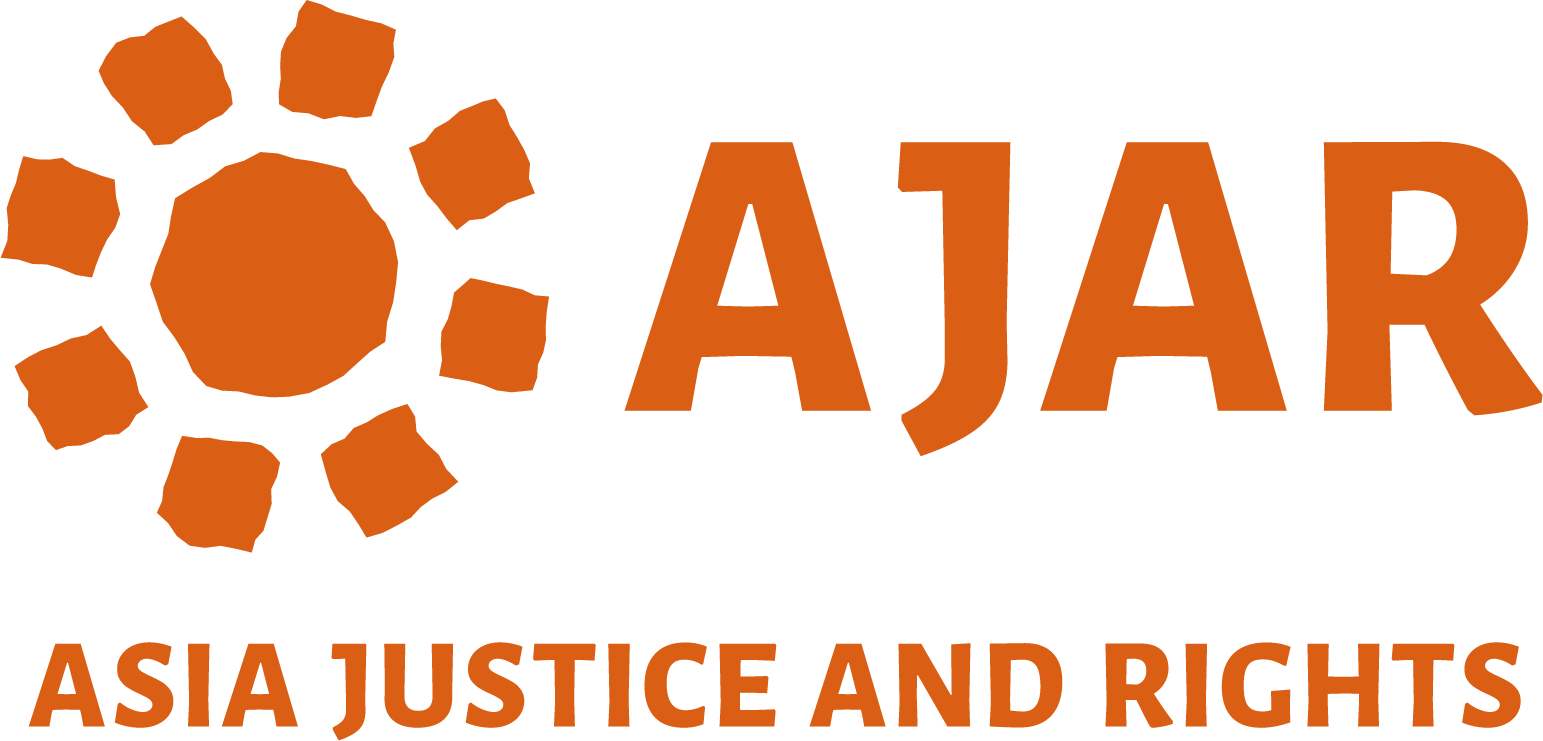 Institutional reform is the process of examining and reshaping state and social structures that seeks to provide a post-conflict society with functioning, non-partisan institutions. Its mandate is broad and may include changes to, among others, the constitution, the military, the police, the judiciary, the parliament, the educational system, and the media.
Institutional reform is the process of examining and reshaping state and social structures that seeks to provide a post-conflict society with functioning, non-partisan institutions. Its mandate is broad and may include changes to, among others, the constitution, the military, the police, the judiciary, the parliament, the educational system, and the media.
Those institutions might have been abusive, unaccountable, and corrupt. Reform is needed to ensure that such institutions are:
- Accountable for their actions.
- Democratically controlled.
- Grounded in rule of law and respect for human rights.
- Legitimate in the eyes of the public.
- Responsive to the needs of all groups within society, not only the political or economic elite, but also the needs of victims, the poor, and those marginalised.
The preconditions for effective institutional reform
In 2015, the UN Special Rapporteur on the Promotion of Truth, Justice, Reparation and Guarantees of Non-recurrence issued a report that set out basic preconditions for effective institutional interventions. These include:
-
- Provision of effective security for the population.
- Issuance of legal identity materials (e.g., birth certificates, ID cards) so that citizens can exercise their rights and gain access to state services.
- Ratification of human rights treaties and their incorporation into domestic law to signify intent, and to allow for enforcement and monitoring.
Some challenges to institutional reform
Decisions about institutional reform, including decisions about security sector reform (SSR) and vetting processes, take place within a country’s broader context of political transition and/or peace building. The most serious challenges, therefore, appear to be, among others:
- A scarcity of financial and human resources.
- Competing political or economic interests.
- A fragile political and socio-economic context.
- A lack of political will.
